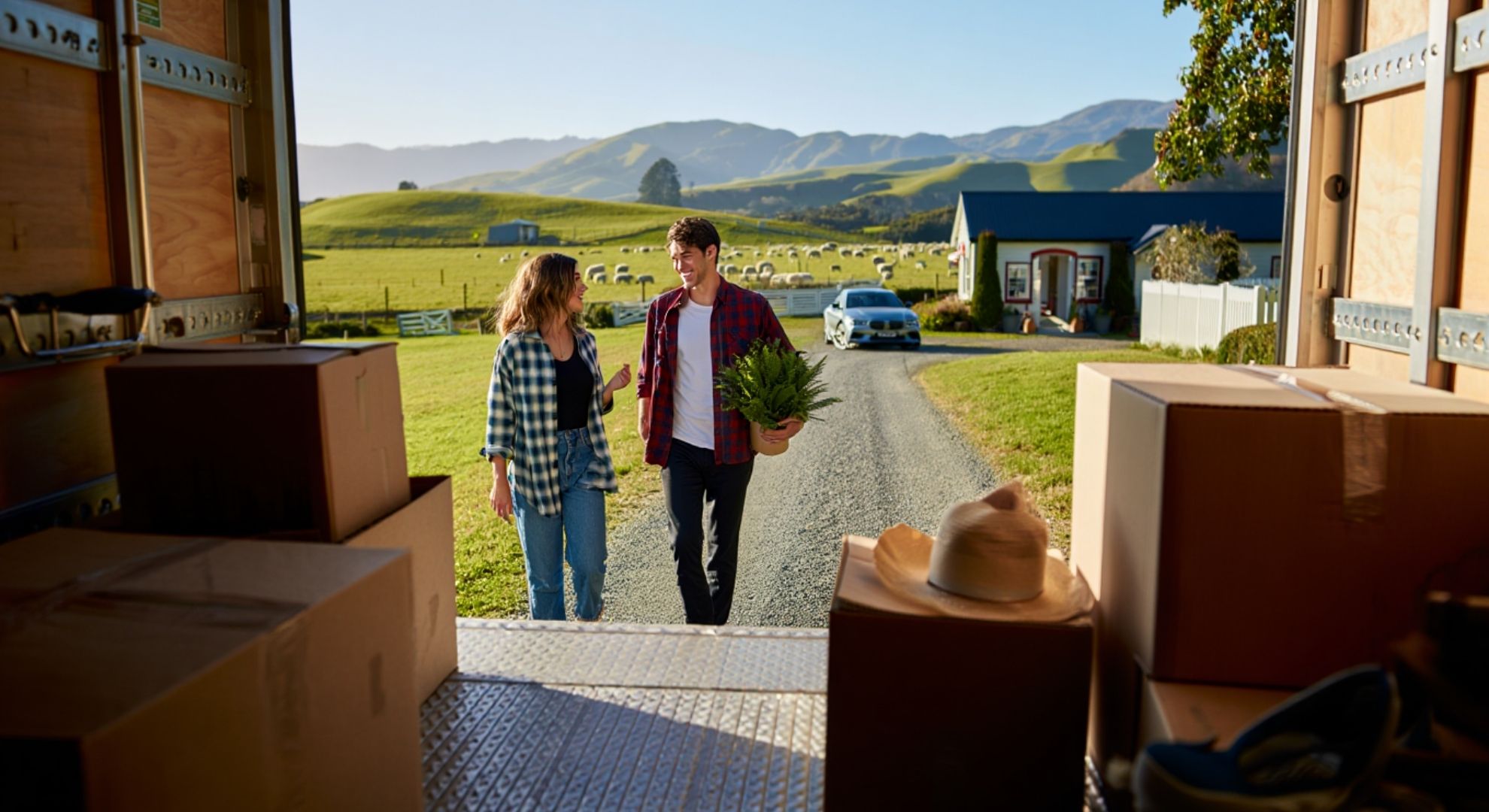For generations, young people left small towns behind in search of opportunity in the big cities. But in New Zealand, a surprising trend is unfolding: members of Gen Z are starting to head in the opposite direction. Tired of city stress, high rents, and endless noise, they are turning to the countryside for a new kind of lifestyle.
The push away from city life
Life in Auckland, Wellington, or Christchurch offers jobs, nightlife, and convenience. But for many in Gen Z, those benefits are no longer enough. Sky-high housing costs, long commutes, and crowded streets have created a sense of exhaustion.
Instead, the countryside promises space, affordability, and peace of mind. It’s less about leaving something behind and more about gaining a better balance.
What draws Gen Z to rural New Zealand
Several factors are fuelling the shift:
- Housing affordability: buying or renting outside major cities is often dramatically cheaper.
- Remote work opportunities: technology allows young professionals to keep city jobs while living rurally.
- Mental health benefits: green spaces and slower living reduce stress.
- Community connection: smaller towns offer a sense of belonging that cities often lack.
- Environmental values: many Gen Zers want to live closer to nature and embrace sustainability.
These motivations combine into a powerful pull that is reshaping rural demographics.
Comparing city and rural lifestyles
| Lifestyle aspect | City living (Auckland/Wellington) | Rural living (small towns/farms) |
|---|---|---|
| Housing | Expensive, limited space | Affordable, more room |
| Commute | Long, traffic-heavy | Short, often walkable |
| Community | Fast-paced, often anonymous | Close-knit, supportive |
| Work opportunities | Diverse but competitive | Fewer, but remote work rising |
| Well-being | Stressful, noisy | Calmer, closer to nature |
The table shows why, for Gen Z, the countryside offers more than just cheaper living — it offers a lifestyle aligned with their values.
A cultural shift
Older generations often saw rural life as limiting. For Gen Z, it represents freedom. Thanks to technology, they don’t have to choose between career and location. A good internet connection can mean working for a global company from a cottage in Taranaki or a farmhouse in Otago.
This cultural shift is redefining what success looks like. Instead of flashy apartments and corporate offices, many young people are embracing gardens, local markets, and quiet evenings.
Stories from the shift
One 24-year-old professional shared: “In the city, I felt like I was constantly running. Out here, I finally feel like I can breathe.”
Others echo the sentiment, pointing out that rural living allows them to save money faster, focus on hobbies, and build meaningful connections.
Challenges remain
Of course, rural life isn’t without its difficulties. Job opportunities are more limited, social scenes are quieter, and services like healthcare can require longer travel. Not every young person is ready to give up the buzz of city life.
But for those who value mental health, sustainability, and community, the trade-offs are worth it.
The future of rural New Zealand
If the trend continues, small towns may see a revival. Fresh energy, new businesses, and creative projects brought by Gen Z could reshape communities long seen as in decline.
At the same time, cities may need to adapt, addressing cost-of-living pressures to avoid losing their youngest residents.
A generation redefining priorities
Ultimately, the move from city to countryside reflects a broader generational shift. Gen Z isn’t chasing the same markers of success as their parents. They want balance, connection, and authenticity — things they’re finding in rural New Zealand.
For many, the countryside isn’t a step back. It’s the future.
